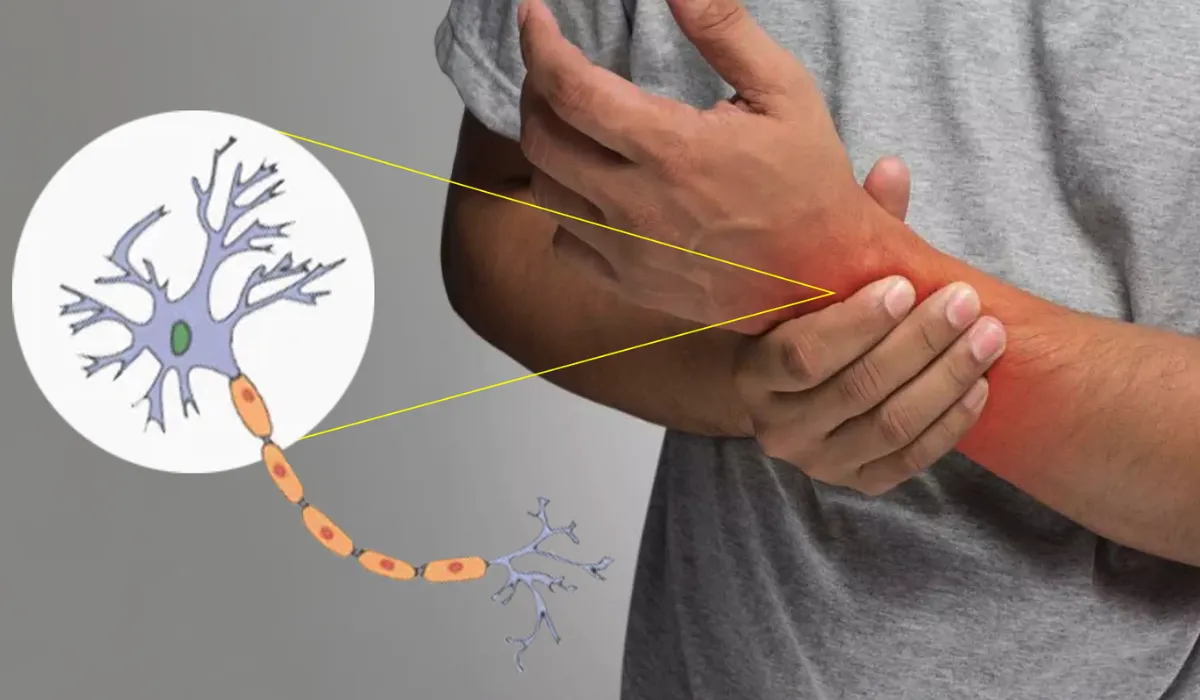
Ever felt a little worried when you hear about a health problem you don't really get? Something that sounds complicated, maybe a bit scary, and you're not sure what it's all about? That's how lots of people feel about Guillain-Barré Syndrome (GBS). We understand that it's something you don't hear about very often. However, GBS has been in the news lately, and it's helpful to know what's happening. What's the story, then? Why is this uncommon thing the talk of the town? It's crucial to understand GBS. The more you know, the better. Consider your body's immune system as your best buddy, always fighting off infections like a super-strong warrior. However, occasionally—just occasionally—it becomes confused and starts going after the wrong people. With GBS, it's your nerves that get in the way. And that can cause some real problems. Don't worry, we're here to explain it all simply, so you can get what GBS is, what to look for, and what to do if you're worried.
GBS is a rare problem with your immune system. "Autoimmune" just means your body's defense system, which is normally so good at fighting off sickness and keeping you well, accidentally attacks itself. With GBS, it goes after the nerves – those important lines that carry messages between your brain and your muscles. When these lines get messed up, things can get a bit out of whack. It's like a power cut in your body's message system.
GBS signs can show up quickly, sometimes in just a few days. It's as if your body's functioning has abruptly changed. The following are some key things to look out for:
The specific cause of GBS is not known. It resembles a random glitch in the system. However, it can occasionally be caused by a recent illness, such as a cold, the flu, or an upset stomach. Rarely, it has also been linked to vaccinations. Researchers are always working to understand the causes of GBS.
While GBS is rare and you can't totally stop it, there are some general healthy habits that can help your body's defenses and keep you well:
If you or someone you know is having any of these signs, especially quickly getting weaker or having trouble breathing, don't wait! Go to a doctor or hospital right away. Finding it and treating it early is really important for getting better. Think of it like this: the sooner you take care of the problem, the better.
Doctors might use treatments such as:
Plasma Exchange: Think of your blood as a highway. Sometimes congestion in traffic are caused by an excess of "bad guys" (antibodies). Similar to a traffic cop, plasma exchange removes the "bad guys" to restore order.
IVIg is similar to giving your body more "good guys" (healthy antibodies) to help prevent the "bad guys."
The majority of GBS patients do recover, which is wonderful news. However, weeks, months, or even years may pass before it happens. It takes a while. Even after they get healthier, some people may still have weaknesses or other issues.
In Conclusion
GBS serves as a reminder that everyone should be aware of their health.
GBS reminds us that we all need to know about our health. While GBS is rare, knowing the signs and acting fast can make a big difference. Don't worry too much, just be ready.